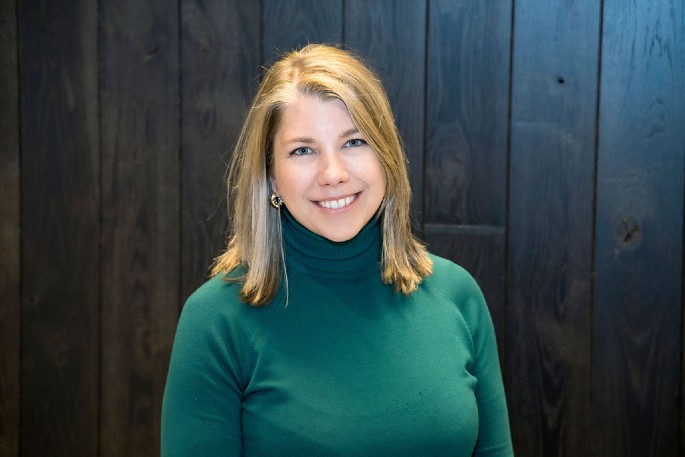This Content Is Only For Subscribers
Tourism Industry Aotearoa has partnered with the Energy Efficiency and Conservation Authority to launch an online training course designed to help tourism operators reduce energy use, cut costs and improve the guest experience.
Energy Efficiency for Tourism: Reducing Costs and Carbon While Enhancing the Guest Experience is now available on Akiaki – Advancing Tourism, with EECA funding the course development.
The course is one of 11 in the Akiaki programme supporting businesses to implement the Tourism Sustainability Commitment, covering areas such as being an employer of choice, embracing Māori values, measuring carbon emissions and reducing waste. The energy efficiency module takes operators from understanding their current energy profile and finding quick wins, through to planning longer-term investments that build resilience. It includes practical tools for reducing energy consumption across accommodation, hospitality, transport and other tourism activities.
Tourism Industry Aotearoa chief executive Rebecca Ingram says the course builds on existing sustainability work across the sector and responds directly to member feedback.
“Our latest Tourism Sustainability Commitment survey showed that 98 per cent of operators say sustainability is important to their business, and nearly half want online information, tools and resources to help accelerate their actions even further. This course delivers exactly that,” Rebecca says.
EECA sector partnerships lead Jo Parag says the collaboration enables energy efficiency support tailored specifically for tourism.
“We know there are real opportunities for tourism businesses across their operations to reduce consumption in ways that can enhance the guest experience,” Jo says. “This course brings expertise together in a format that is accessible to tourism businesses of all sizes, helping them find solutions that save money while reducing environmental impact.”
Building on the industry’s existing commitment to energy efficiency, the course includes case studies from The Hotel Britomart in Auckland and Ziptrek Ecotours in Queenstown, demonstrating how improvements can support business growth across different types of operations.
Rebecca says energy efficiency is a core part of the sector’s long-term strategy.
“Energy efficiency is a fundamental component of achieving the targets outlined in the industry’s strategy Tourism 2050 – A Blueprint for Impact,” she says. “This latest course provides another practical tool to help our members build on their sustainability actions while growing stronger, more resilient businesses.”
The course also reflects TIA’s commitment under the Glasgow Declaration on Climate Action in Tourism, which the organisation signed in May 2025. The declaration commits TIA to lead by example, share knowledge and catalyse collaborative action across the sector.
For more information visit Akiaki – Advancing Tourism.



